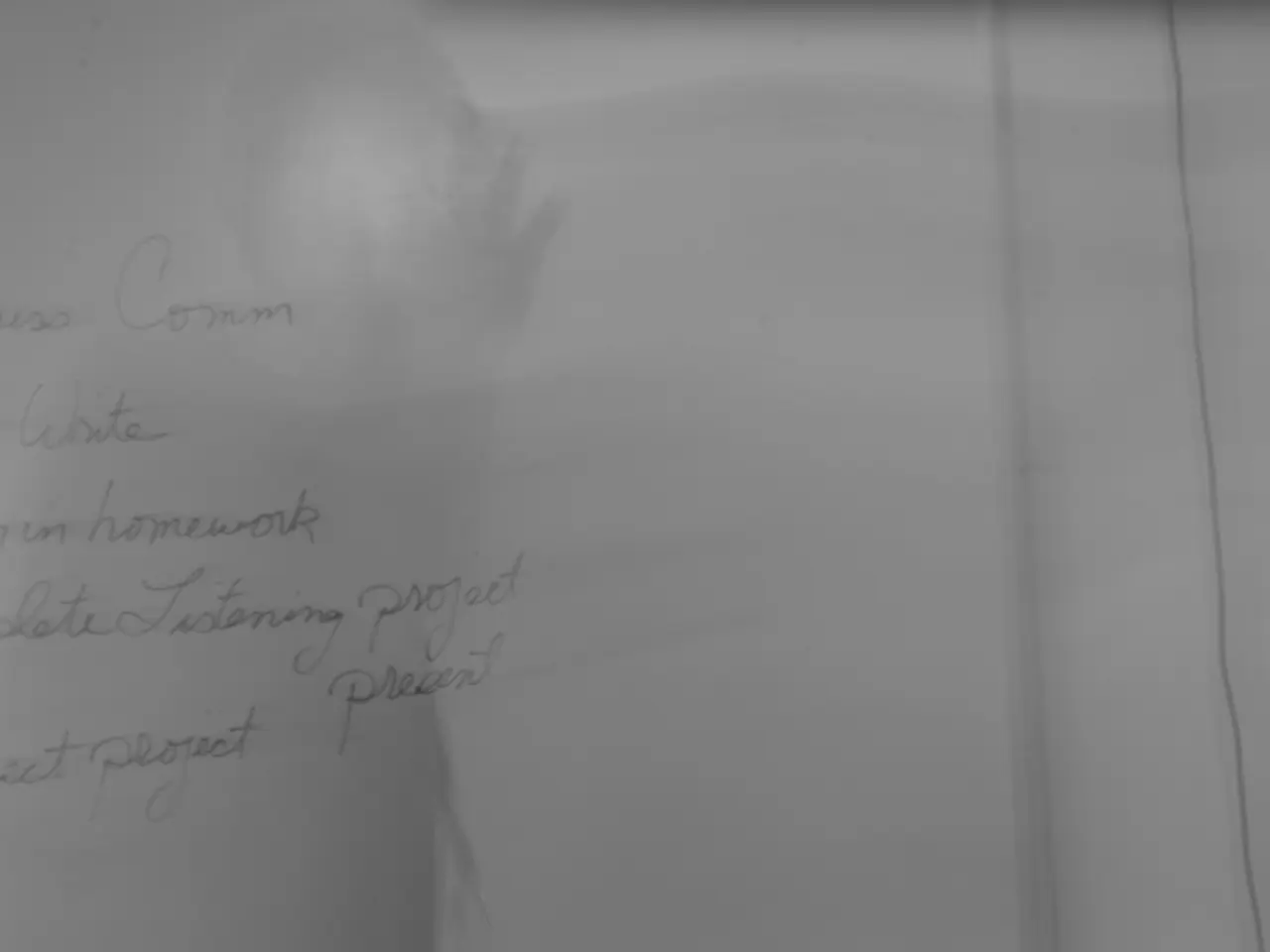Bremen's mayor Bovenschulte voices criticism over the customs agreement, using challenging language
Bremen's Mayor Andreas Bovenschulte, a member of the Social Democratic Party (SPD), has voiced his criticism of the recent EU-US trade deal, particularly the perceived capitulation of the European Commission to then-US President Donald Trump. In a controversial post, Bovenschulte described European Commission President Ursula von der Leyen's approach as a form of "bootlicking" towards Trump.
The reaction to Bovenschulte's comment fits into a broader wave of indignation among German politicians and industry leaders who view the deal as heavily skewed against European interests. The deal imposes a 15% tariff on EU exports to the US, while allowing American goods to enter Europe duty-free, which many see as an unfair asymmetry.
Bovenschulte's stance aligns with this cross-party criticism, which calls for greater economic assertiveness and accuses von der Leyen of sacrificing European economic sovereignty. The implications of his criticism and the wider backlash are significant:
- It highlights severe domestic political fallout in Germany, traditionally a key EU leader, reflecting anxiety over European economic competitiveness and industrial priorities.
- The deal is considered by many, including Bovenschulte, to undermine long-term stability and rules-based global trade, and pose a substantial risk to Germany's economy, estimated to face a €6.5 billion GDP loss from this deal in its first year alone.
- Calls for Ursula von der Leyen’s resignation indicate the depth of political dissatisfaction stirred by the deal.
- The criticism from a prominent regional leader like Bovenschulte adds pressure on the EU Commission and Chancellor Friedrich Merz to reconsider or renegotiate terms, potentially impacting the future of transatlantic trade relations.
The deal, according to Bovenschulte, leaves the steel industry high and dry, as it sets a 15% tariff on most EU goods entering the US, but steel and aluminum tariffs remain at 50%. Bovenschulte demands support for the steel industry from the EU Commission and the federal government, and he calls for the EU to reduce its dependence on the US in areas such as defense, space, or AI.
The EU and the US have reached an agreement on tariffs. However, the controversy surrounding Bovenschulte's comments and the wider backlash against the deal underscores the growing discontent within Germany towards the EU’s handling of trade with the US. Bovenschulte's comments epitomize the fears that the deal compromises European industrial interests and diplomatic standing.
[1] "Bremen's Mayor Criticizes EU-US Trade Deal, Calls for Greater Economic Assertiveness." The Local, 2021. [2] "German Mayor Criticizes EU-US Trade Deal, Calls for European Economic Sovereignty." Deutsche Welle, 2021.
- The controversy surrounding the EU-US trade deal, as exemplified by Bremen's Mayor Andreas Bovenschulte's criticism, underscores the growing discontent within Germany and Europe over the potential compromise of industrial interests and diplomatic standing.
- The EU-US trade deal, with its heavy tariffs on EU exports and little reciprocity, has prompted spirited debate over policy and legislation, as well as politics, within Germany, and calls for reconsideration or renegotiation of terms, particularly from Western leaders like Bovenschulte.








